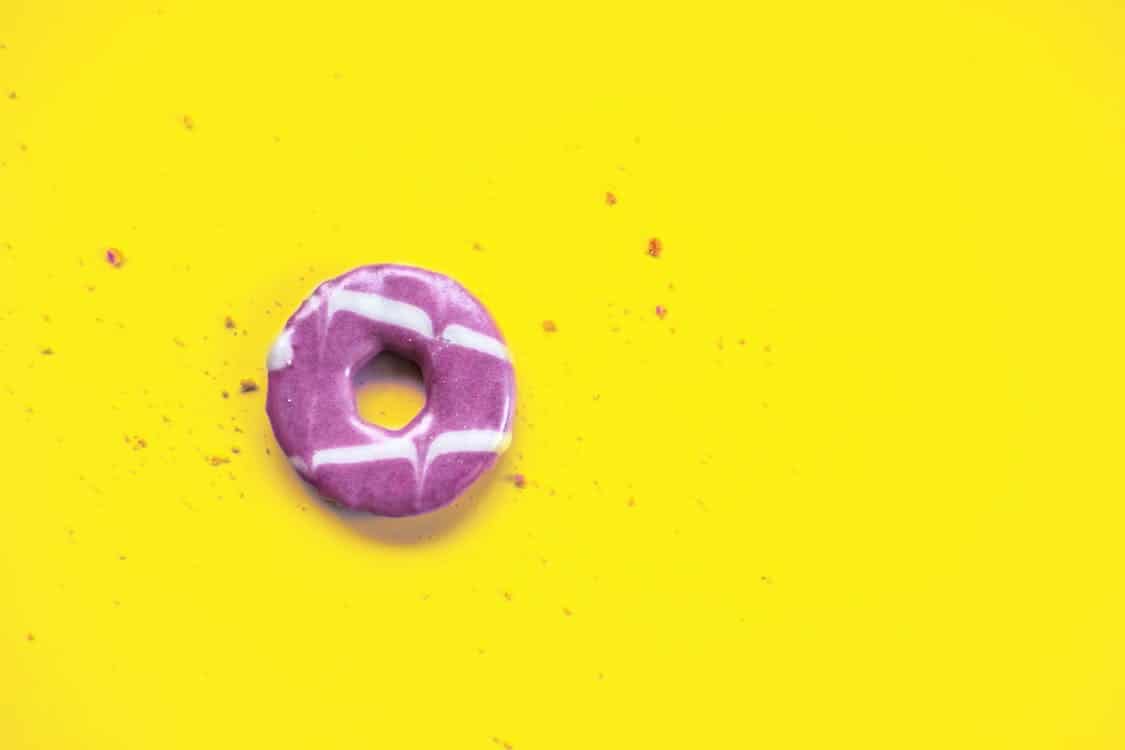In previous blogs I’ve written about the stark contrast between being hospitalised and treated for an eating disorder vs being in hospital for treatment unrelated to an eating disorder (See my earlier blog “Three Things I Learned During My First Non-Anorexia-Nervosa-Related Hospital Experience”).
In a nutshell the two experiences for me were profoundly different.
When I had to go to hospital for treatment for a fever and antibiotics for an infection, I was treated very kindly. My treatment plan was openly communicated with me. I felt involved with and understanding of each step of my treatment.
When I was hospitalised with an eating disorder I was spoken about (but never with). I was not included in my treatment plan let alone given any decisions about my treatment. To the point where it was not even communicated with me what was happening. I was treated very unkindly. I was treated almost as if I didn’t exist.
I never truly knew what stigma meant until I experienced it.
Stigma ultimately comes from a lack of understanding and that lack of understanding causes the profound difference in how people living with eating disorders are treated vs how those seeking treatment for other ailments are treated.
In this blog I want to address something beyond this but along the same lines because it also involves stigma.
I want to talk about something that I experienced during the fifteen years I underwent treatment for anorexia nervosa not just within the hospital system but also in the community and with privately practicing health professionals. It is also something I hear from many if not most of the people I work with who have sought treatment for an eating disorder.
And that is being treated as if you don’t want help.
Being treated as if you are resisting treatment, treatment is being forced upon you against your will or if you “fail” at treatment and do one of the behaviours you are being treated for you are thrown out of treatment… Truly blows my mind when I hear this one – people being denied treatment for doing the very thing they need treatment to stop doing…
Please Help Me

During the fifteen years I lived with an eating disorder there was never a time I wanted to be sick.
There was never a time I wasn’t trying to recover.
There was very little time out of those fifteen years where I wasn’t in treatment. More often than not I was engaged with an actively seeking help from a whole menagerie of treating professionals. A psychologist (or two), psychiatrist, dietitian and doctor were the staples.
During the fifteen years I lived with an eating disorder I cannot even begin to calculate the amount of time I dedicated to treatment.
I always wanted to be free of the eating disorder.
But I was treated as though I did not want to recover.
I was treated as though I did not want to recover even when I was sitting there staring a doctor in the face and directly saying I wanted to recover and asking for help.
I realise now health professionals for the most part didn’t know how to deal with that. Perhaps because they’ve been taught that people with eating disorders are unreasonable and don’t want to change.
I Remember
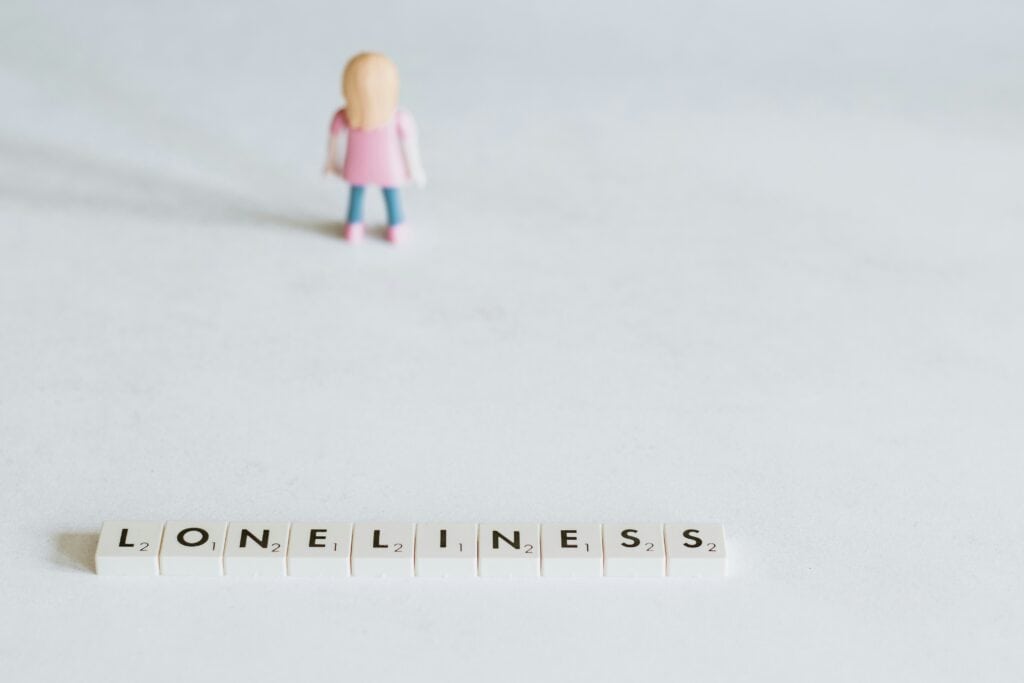
I remember feeling ashamed when I’d pour my heart and soul into gaining weight so I could qualify for therapy (most therapist have BMI cut offs to ensure people are physiologically stable and also psychologically more able to do the therapy. Our brains just don’t work too well when we’re starved and malnourished).
I remember sitting there in the therapy room feeling like my weight restored body was judged.
By me and by them.
I knew my “healthy” looking body wasn’t an accurate representation of how I felt and how much I was struggling.
If I was underweight and more visibly “sick” I was treated differently in that things were taken more seriously.
I know from many of my clients that this unfortunately is still the status quo.
However, whatever relationship to gravity my body had at any given point in time so long as my diagnosis was anorexia nervosa I was treated as though I didn’t want to get better.
Very weird.
Very strange.
Very incredibly frustrating.
And looking back very dangerous.
Why Do We Treat People with Eating Disorders as Though They Don’t Want to Recover?
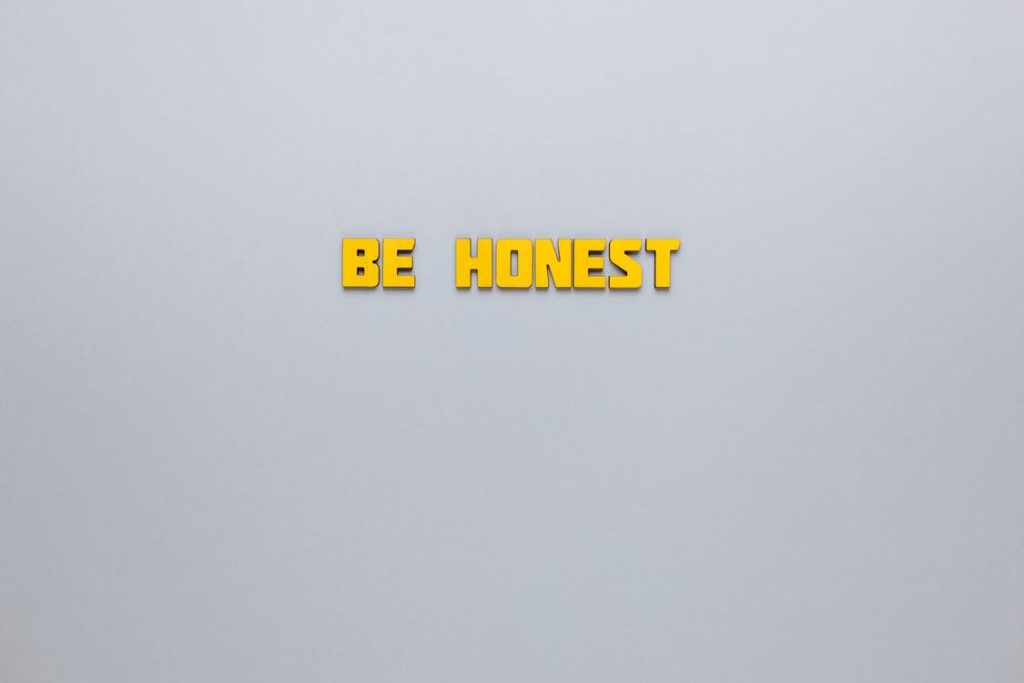
So, why is this the case? Why do we treat people with eating disorders as though they don’t want to recover?
I’ve been reflecting on this curious phenomenon, and I think the answer may be two-fold and they are very much intertwined:
- We assume an eating disorder is a choice (even while we pay lip service to the phrase “an eating disorder is not a choice”. If you want to understand what I mean here read my earlier blog “What Does it Mean When We Say Eating Disorders are Not a Choice?”…)
What do I mean by this?
Well, it is hard for us to fathom why someone would do something like not eating enough food to meet their nutritional needs even in an environment where they have the ability and resources to obtain enough food.
We therefore assume that they are choosing to do this and then we are faced with the obvious question (because our minds are meaning making machines) “why would someone choose to do this?” and of course a logical answer is that they want to lose weight/be skinny etc.
I don’t know about you, but I was twenty-seven years old before I really learnt about a part of our minds that makes such an outwardly bizarre thing as starving yourself (to the point of incredible harm and death in many cases) possible.
I didn’t truly understand that there is a part of every human being’s mind that makes us capable of doing a lot of bizarre things! (And this is not confined to just eating disorders. Let me assure you many people are out there doing all sorts of strange things. Maybe even you can think of some of your own weird things you do).
This part of our mind is the part of our mind that in hypnosis-y language we call the “unconscious mind”
Amongst other things this is the part of us where our beliefs and habits reside (If you want more information on the unconscious mind see my earlier blog “What’s it Really Like to be Hypnotised?”). And I think you’d find it hard to argue against an eating disorder being largely based on faulty beliefs and about as close to the definition of a non-useful habit as one can get. Once you really understand this you realise eating disorder treatment must change if we are to increase our success rates at helping people recover.
You will understand this if you’ve ever lived with an eating disorder or you care for someone who has in the past or currently does live with an eating disorder you will know because you will have felt or seen the inner conflict.
You will have felt or witnessed the clarity and determination, the level headedness, the logic, the reason, the intelligence when discussing making changes and you will know the feeling of being filled with hope that this time you/they get it, this time it will be different and you will have felt or seen the battle when it comes to the real life moment lost and lost again and again and again.
That person is stuck.
Anyone who has felt this or seen this can testify without a shadow of a doubt that they are not choosing that.
Anyone who has felt this or witnessed this can see that they want help.
An eating disorder is not a conscious choice.
It is not possible to choose to do an eating disorder.
An eating disorder is an unconscious “choice” only if you call something we are not consciously choosing and therefore unaware we are choosing a choice (and I don’t any more than I’d call the rate your heart beats at a choice).
An eating disorder is an unconscious attempt to cope in an impossibly hard (and wonderful and incredible) world.
- We don’t quite know what else to do
The second part to why our mainstream treatment treats people with eating disorders as if they don’t’ want help is that our mainstream treatment model for eating disorders and all conditions for that matter whether they be psychological or physical relies heavily upon the assumption that the deficit in what the person is doing lies in their lacking the knowledge of how to do it differently.
Essentially that it is a conscious problem.
If they only knew better they’d do better.
I’ll give you the oldest example in the book – smoking. Our mainstream treatment for smoking involves educating someone on the harms of smoking on the premise that now they know how bad it is for them they will just stop doing it.
I would like to think that we’ve seen this fail enough times to know there is more to it than the knowledge. Before you say “yeah but it’s addictive” there’s more to it than that also isn’t there? As many people do actually decide they want to stop smoking and they do go ahead and stop smoking cold turkey.
The difference that makes the difference between doing and not doing is the engagement (or not) of the unconscious mind.
Whatever weird and wonderful (or horrible) thing we are doing that seems like “self-sabotage” or that we just don’t want to be doing and yet we can’t seem to stop is operating at the unconscious level.
Therefore, we need to engage the unconscious mind in the change.
This is the difference that makes the difference.
We cannot educate or scare people out of doing smoking. You cannot convince me that people smoking cigarettes (or vapes) do not know the harm.
We cannot educate people out of doing an eating disorder. You cannot convince me that people living with eating disorders do not know the harm.
If an eating disorder is “not a choice” as we keep touting it is, and traditional treatment has to put its money where its mouth is this is where we trip up. We don’t know how else to treat eating disorders!
Therefore, even if we recognise and understand they are not a choice we don’t actually know what to do with that.
If it was a choice and a lack of information then phew we know what to do because we can fix that quite easily by providing the education so we keep trying that one. Not because it works but because we know how to do it.
In mainstream treatment the hope/assumption is that it is a lack of knowledge issue and once that person has the knowledge then they either choose to change or they choose to not change.
Why this doesn’t work in eating disorder treatment is because eating disorders operate unconsciously. It requires a great deal of conscious effort for someone to act against the eating disorder. A level of effort that no one can sustain.
People living with eating disorders want to change. They just feel powerless to do so.
I’ve never met a person living with an eating disorder who wanted to live with an eating disorder.
I’ve never met a person living with an eating disorder who given the chance to wake up tomorrow living a life free of the eating disorder feeling good and comfortable in themselves would say no.
However, there are reasons people don’t do the longer process of change and that is because it is longer, the outcome is unknown, the effort is immense, the unpredictability along the way is sky-high, their identity is all tied into the eating disorder and they don’t know who they’d be without it let alone what they’d do and so on and so forth. All very valid reasons for holding back, putting off, staying stuck.
There are so many reasons people do not recover from eating disorders but not a single one of them is because they don’t want to or because they don’t want help.
Alternatives to the Old “Education = Treatment” Paradigm and How I Got Lucky
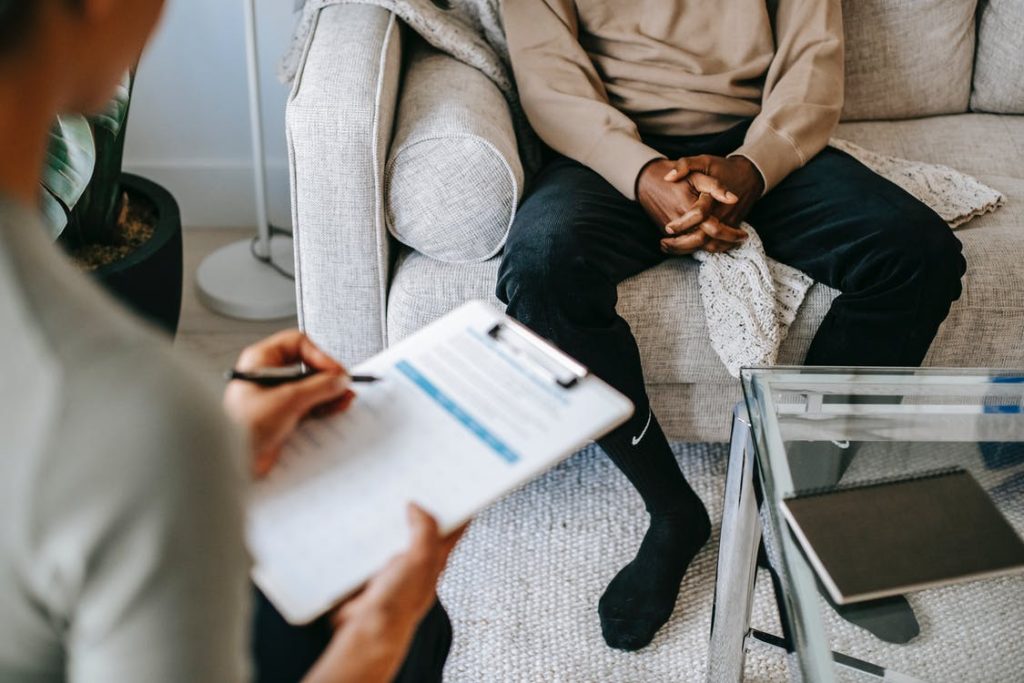
Don’t get me wrong understanding eating disorders is very empowering. Knowing it’s not a deficit within you but something many people struggle with is somewhat of a relief.
But a relief is not enough to recover.
The awesome news that I wish I knew when I first fell sick with an eating disorder, hell I wish I knew years before so I could have prevented it from happening if truth be told is that there are ways of working with our unconscious mind.
Which means there are ways of recovering from an eating disorder that go beyond education and scare tactics.
The tools that come to mind for me, the ones that helped me recover from my own fifteen year battle with anorexia nervosa, the ones I’ve been using for almost a decade to help others also find and create their own freedoms are clinical hypnotherapy and neurolinguistic programming (NLP).
Personal Insight

When I eventually saw a clinical hypnotherapist after fifteen years of mainstream treatment there was no assumptions made about what I was and wasn’t capable of and how I was or wasn’t struggling internally due to how my body looked. The focus wasn’t on that.
The focus was on me.
In that very first consult with the clinical hypnotherapist I was asked a seemingly very simple question “what do you want?”
The focus was on my value as a human being, the focus was on what I said was important to me and what I wanted and because of this I was given the space, and I was able to identify and first work out and then work on what I wanted for the first time.
I truly don’t think with all we know about eating disorders and yes, we do not know it all, but I believe we know enough that it shouldn’t take fifteen years to be asked the question “what do you want?”
Summary
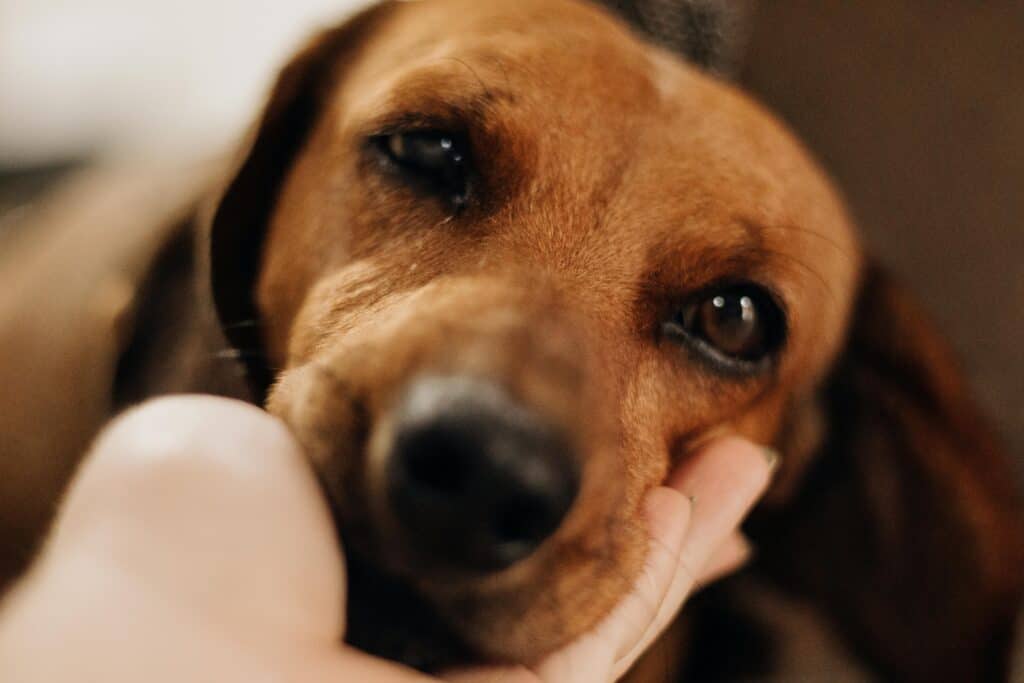
In summary when someone is asking for help to recover from an eating disorder it means they want help to recover from an eating disorder.
The blog really could have stopped there couldn’t it?…
However, because of the treatment I experienced and I know others in recovery from eating disorders experience I will continue to be that person who goes on and on and on and on…
What I want is for people treating those with eating disorders and those wanting help to recover from eating disorders to know that along the way you are allowed to have doubts and fears of failure and resistance to change and impatience and overwhelm and comparison to others and distractions and plateauing and “self-sabotage” and they’re aloud to struggle!
We all experience these things. Even those of us who are lucky enough to have never lived with an eating disorder.
They are non-personal and not a failure on the part of the person wanting to recover from an eating disorder and they are certainly not indicators that this person does not want to recover and does not want help.
Instead they are universal inevitables.
Just part of going after any big goal while at the same time having a huge human brain.
I would love to see eating disorder treatment go beyond education and scare tactics and treating people as though they are stupid and at fault.
I would love to see the unconscious mind more fully utilised in eating disorder treatment because if we are going to change something that is unconscious at some stage we have to change our unconscious. For some people they are lucky enough for this to happen accidently and for others they are not so lucky.
I’d love us to stop pinning recovery on luck, mystery and chance because when we do we become able to help people much more than we currently are and that has and always will be where my loyalty lies in those still struggling.
With my whole heart I hope you found this information valuable.

Become Great. Live Great.
Bonnie.



